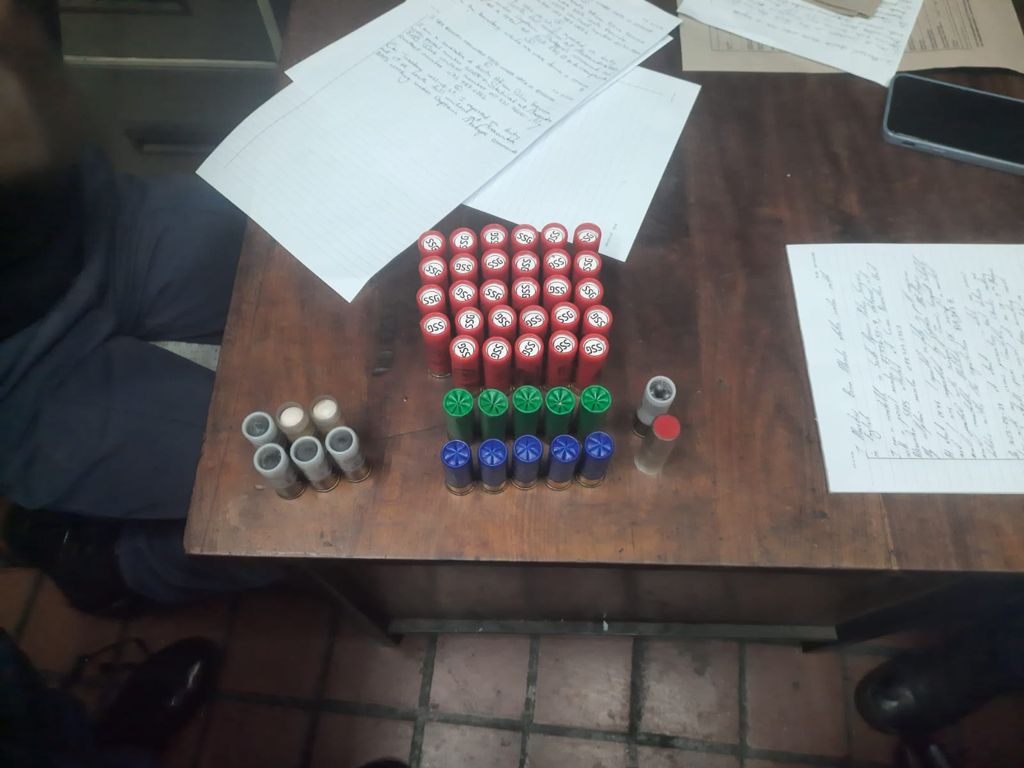South Africa’s Minister of Justice and Correctional Services, Ronald Lamola, has recently introduced the National Prosecuting Authority (NPA) Amendment Bill in parliament. This significant move follows the approval of the bill by the cabinet on 14 August 2023, with adjustments made for future ad hoc investigative directorates. The purpose of this amendment is to strengthen South Africa’s anti-corruption law enforcement strategy, particularly in response to the recommendations made by the State Capture Commission.
The Investigative Directorate Against Corruption
The NPA Amendment Bill seeks to establish the Investigative Directorate Against Corruption as a permanent aspect of South Africa’s anti-corruption efforts. This specialized entity will be responsible for investigating corruption-related crimes identified by the commission, as well as the South African Revenue Service and Public Investment Corporation commissions. By adopting a prosecution-led investigation model, the NPA hopes to align with international best practices for prosecuting corruption-related crimes.
Enhancing Independence and Prosecution Capabilities
The NPA Amendment Bill represents a critical step in enhancing the independence and prosecution capabilities of the authority. The specialized entity within the NPA will be staffed by trained professionals with the necessary level of independence, resources, and security of tenure required to combat corruption effectively. Minister Lamola believes that this bill will enable the NPA to apply the experience gained from South Africa’s efforts to tackle high-level corruption.
Impact and Achievements
The Investigative Directorate against corruption has already made significant progress over the past four years, enrolling 34 matters with 203 accused individuals. In the 2022-23 financial year, the directorate authorized 13 new investigations and enrolled 18 new matters, amounting to 97 authorized matters over the last four years. Importantly, the directorate has contributed to the recovery of R2.5 billion, which has been paid into the Criminal Asset Recovery Account.
Commitment to Transparency and Accountability
The NPA Amendment Bill demonstrates South Africa’s government’s unwavering commitment to transparency, accountability, and the rule of law in the fight against corruption. Its implementation will provide a valuable tool for the NPA and other law enforcement agencies in tackling corruption and ensuring a just society for all South Africans.
The NPA Amendment Bill represents a crucial step in strengthening South Africa’s anti-corruption efforts, ensuring accountability for corrupt practices, and promoting transparency in governance. For further inquiries, the Ministry of Justice and Correctional Services Spokesperson, Mr. Chrispin Phiri, is available to provide further information on this development.








